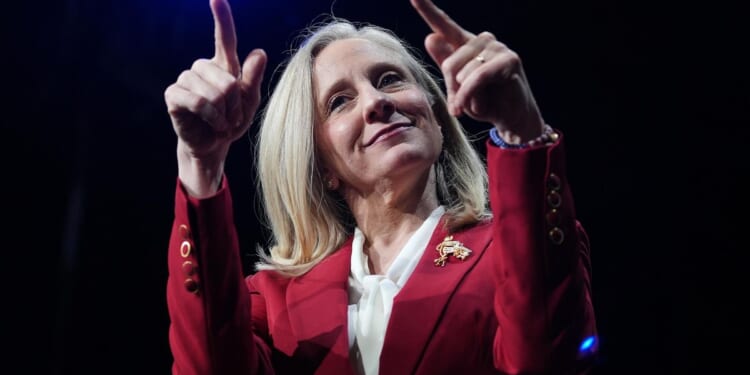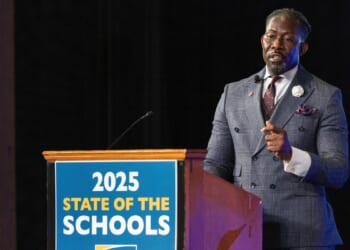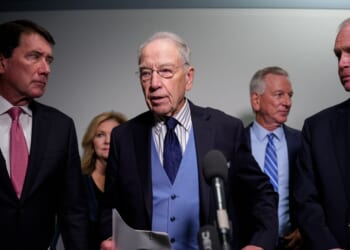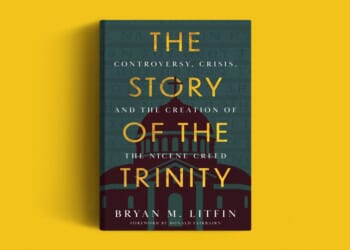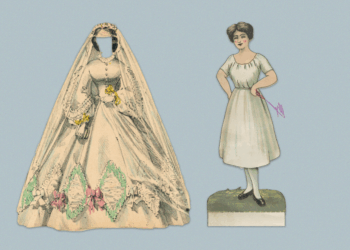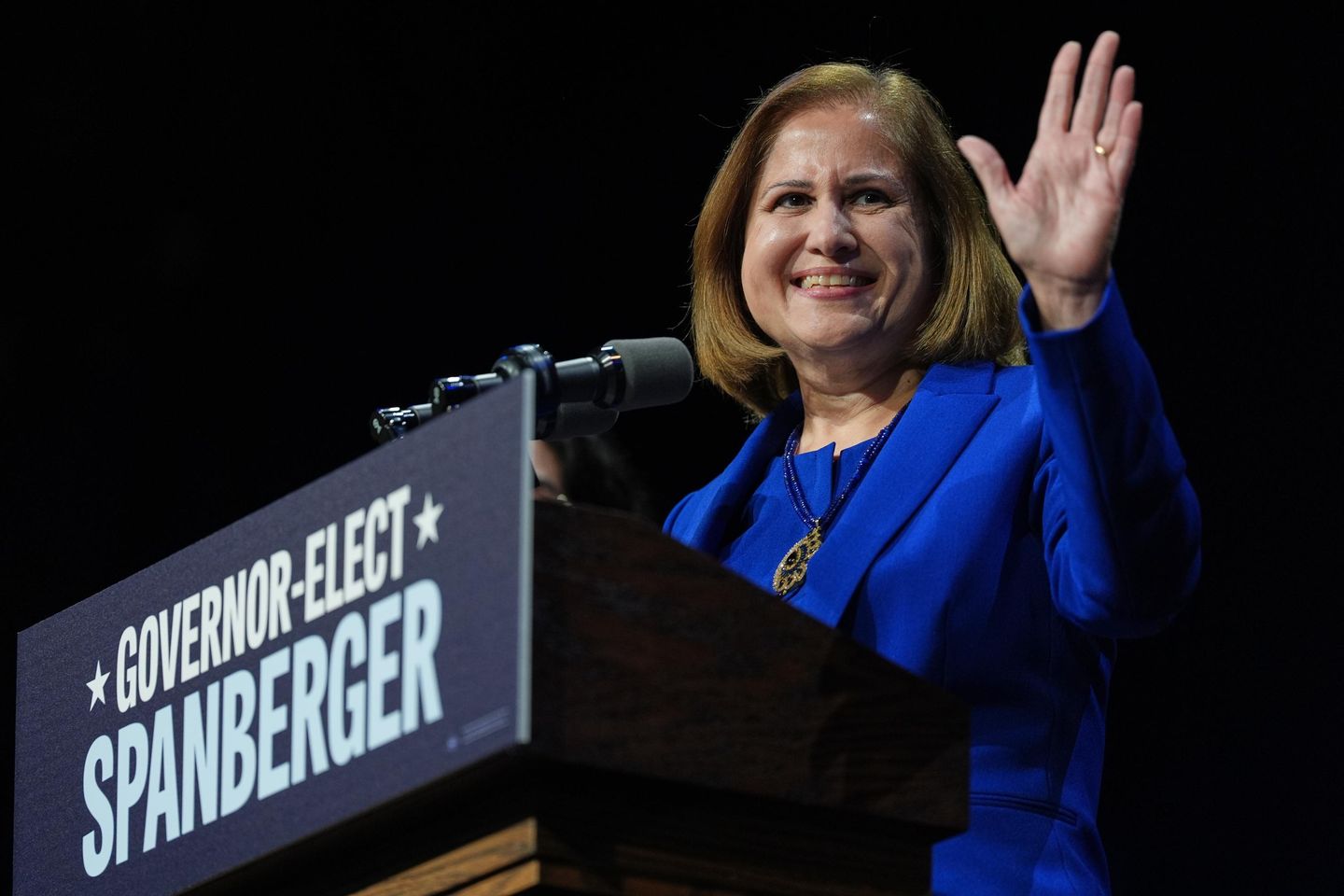
RICHMOND, Va. — As the polls closed on Tuesday across Virginia, it quickly became clear it was a night of firsts: Voters overwhelmingly elected a slate of candidates who broke race and gender barriers in contests considered among the most consequential nationally.
Republicans in Virginia also fielded a historically diverse statewide ticket that would have set records.
The results come as President Donald Trump has made his opposition to diversity initiatives a cornerstone of his platform, dismantling federal civil rights programs that sought to rectify a complicated history of racial discrimination. He has justified those moves by saying that race and gender equity programs overcorrect for past wrongs and foment anti-American sentiment – a position shared among many conservatives across the country.
Still, Virginia’s election results – in tandem with high-profile Democratic victories across the U.S. – call into question whether Trump’s staunch positions on race, gender and gender identity are resonating with voters.
Democrat Abigail Spanberger won the Virginia governor’s race Tuesday, giving Democrats a key victory heading into the 2026 midterm elections and making history as the first woman ever to lead the Commonwealth. Her victory was decisive, with about 57% of the vote.
The race was bound to make history regardless of who came out on top: Spanberger was running against Republican Lt. Gov. Winsome Earle-Sears, marking the first time two women were the front-runners in a general election for governor.
In her acceptance speech, Spanberger recalled how her husband said to their three daughters, “Your mom is going to be the governor of Virginia.”
“And I can guarantee you those words have never been spoken in Virginia, ever before,” she said, beaming.
Spanberger said her victory meant Virginians were choosing “pragmatism over partisanship” and “leadership that will focus on problem solving and not stoking division.”
Democrat Ghazala Hashmi defeated Republican John Reid in the race for lieutenant governor, becoming the first Indian American woman to win statewide office in Virginia. She is also the first Muslim woman to be elected statewide in the U.S.
Firsts are not new to Hashmi. She was the first Muslim woman elected to the Virginia Senate five years ago. Hashmi, a former English professor born in India, said at the time that her opposition to Trump’s Muslim ban motivated her to break into politics.
This time around, her campaign for lieutenant governor focused less on her identity and more on key issues, such as health and education. Still, some said her identity was a prominent factor in the race. Reid recently took to social media to tie Hashmi to Zohran Mamdani, the first Muslim elected mayor of New York City, despite marked differences in their platforms, nationalities and ages – a comparison critics said was Islamophobic.
Like the governor’s race, the battle for lieutenant governor would have been historic either way: Reid was the first openly gay man nominated to statewide office in Virginia, and he faced hurdles on the trail in connection to his sexuality. GOP Gov. Glenn Youngkin asked him to leave the ticket after opposition research linked him to a social media account with sexually explicit photos of men. At the time, Reid said he felt betrayed.
In her victory speech, Hashmi said her candidacy reflected progress in the state and nation.
“My own journey – from a young child landing at the airport in Savannah, Georgia, to now being elected as the first Muslim woman to achieve statewide office in Virginia and in the entire country – is only possible because of the depth and breadth of opportunities made available in this country and in this commonwealth.”
Democrat Jay Jones defeated Republican incumbent Attorney General Jason Miyares, becoming the first Black person elected as top prosecutor in the former capital of the Confederacy.
Jones, a former Virginia delegate, comes from a long line of racial-justice trailblazers – a fact he emphasized throughout his campaign and after his victory.
“My ancestors were slaves. My grandfather was a civil rights pioneer who braved Jim Crow,” Jones said Tuesday. “My mother, my uncles, my aunts endured segregation, all so that I could stand before you today.”
That said, Jones’ victory is as much a referendum on dissatisfaction with the government shutdown and Trump’s mass firings, which have hit Virginia especially hard due to its high concentration of federal workers.
Ever since Democrat Jimmy Carter won the White House in 1976, every time a new president has been elected, Virginia has voted in a governor the following year from the opposite party.
Jones’ win comes after Miyares, elected in 2021, became the first Latino to hold a Virginia statewide office.

